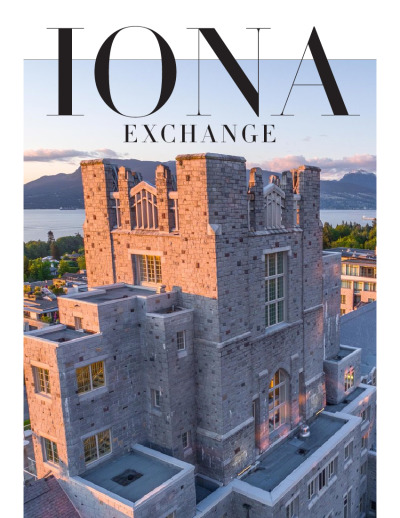On October 24, 2017, 2280 delegates representing the Communist Party of China’s 89 million members met in the Great Hall of the People in Beijing. The purpose of such a gathering? [...]
Read MoreDuring the final years of Obama’s presidency, the relations between Russia and the United States were strained if not downright hostile. Putin’s government saw the Obama administration as a barrier to many of his interests, due to Obama’s sanctions on Russia over its annexation of Crimea as well as his support of rebels in the Syrian Civil War.
Read MoreIn a political climate filled with false facts, ignorance of data, and exaggerations of the truth, it is no wonder informed citizens are looking to scientists more than ever before to make claims based on proper evidence. Scientific journals allow researchers to publish their findings, furthering scientific advancements and understanding. Publishing in these journals is essential for scientists looking for research funding and promotions in their field.
Read MoreThe Soviet Union was a shell of its former self by the 1980s, with its institutions and structures significantly weakened due to economic hardship. The Communist Party was beginning to look like a gerontocracy as well, as many of the party’s elite members were well into their 70s. Political dissent was growing domestically and in Soviet satellite states, as one idea always stood out to their residents: life in the Western Bloc was evidently better.
Read MoreBetsy DeVos was the most (empirically) controversial nomination of president Trump’s cabinet and the most controversial education nomination in history. After exhausting democratic filibusters and rounds of hearings, DeVos was confirmed as Secretary of Education on February 7, 2017, with a split vote 50-50, requiring vice president Mike Pence to step in and tip the scale in her favor. She is the only nomination to have required the assistance of the VP’s vote. But why?
Read MoreThe phenomenon of start-ups using innovative methods to respond to consumer demand is not new. What started in 2008 as an app by two men who had trouble hailing a cab in Paris, is today a multinational corporation valued at $62.5 billion. Uber is an online transportation network company, which currently has operations in 528 cities around the world. Its growing presence worldwide has been met with both successes and difficulties in its introduction.
Read MoreJeff Sessions, the current Attorney General of the United States, was born in the now historical city of Selma, Alabama in 1946. A Distinguished Eagle Scout and son of parents with primarily English ancestry, Sessions’ early story makes him a competitive candidate for any Republican ticket.
Read MoreDuring the Second World War, there was already a rift in relations between the allied Soviet Union and the United States. Near the end of the war, the Soviets accused America and Britain of purposely not opening a new front in Eastern Europe, ensuring that the Soviet Union would be weakened at the end of the war. Historians have also argued the American use of atomic weapons against Japan was also a warning to the Soviet Union of their might if they were to engage in future armed conflict.
Read More









